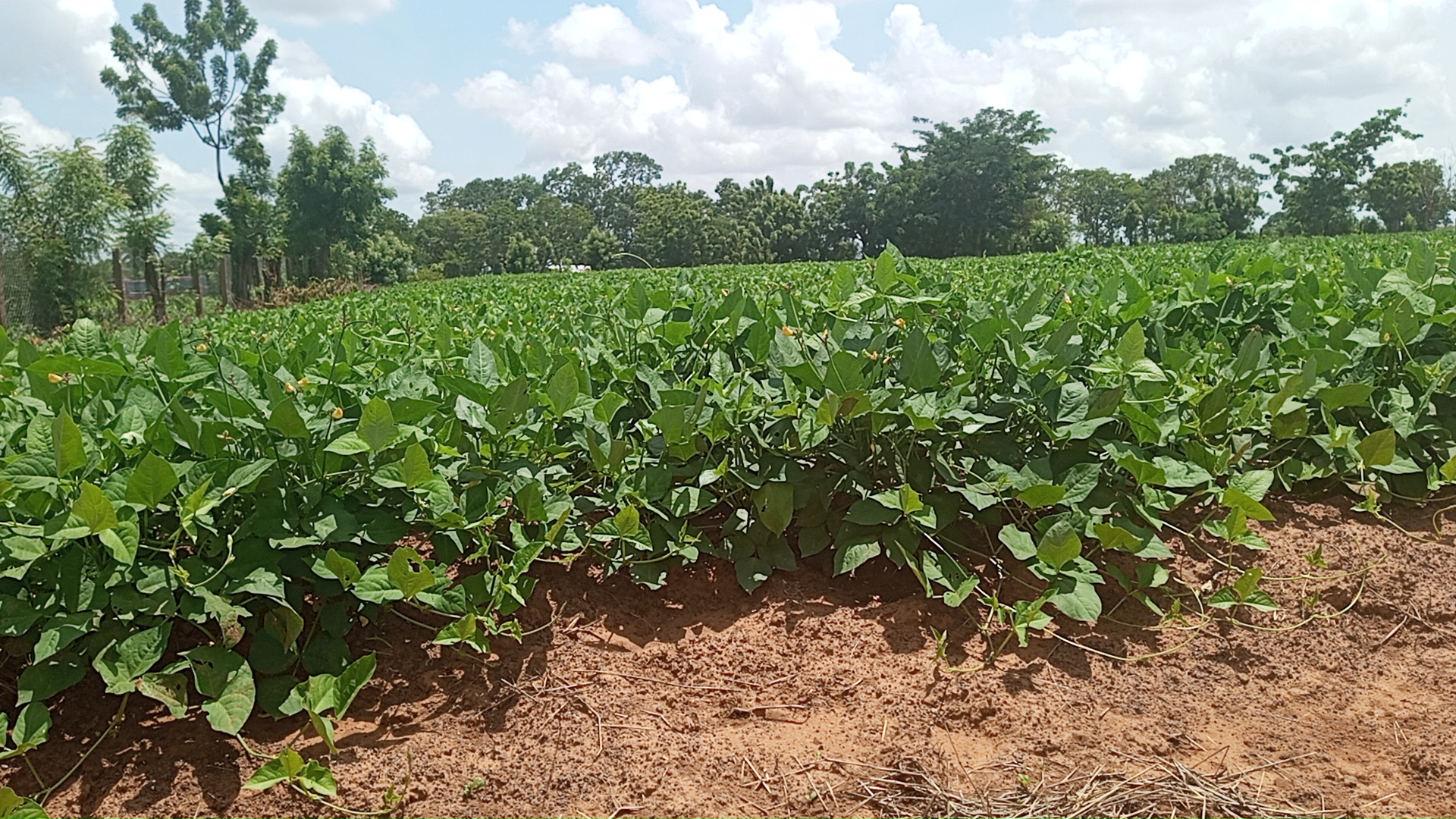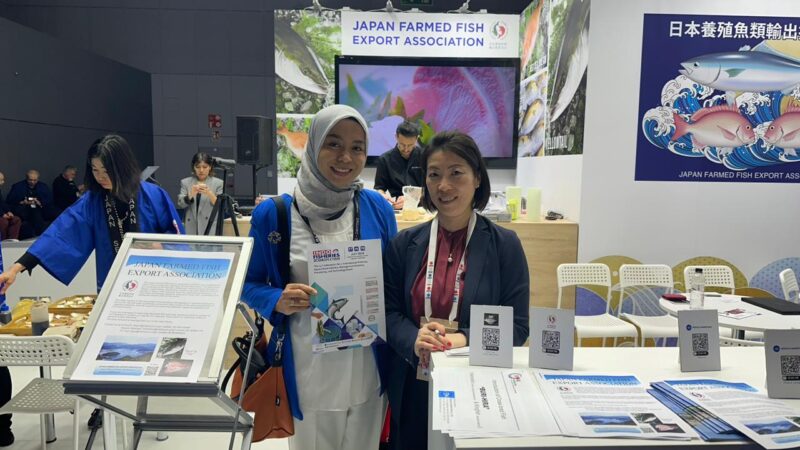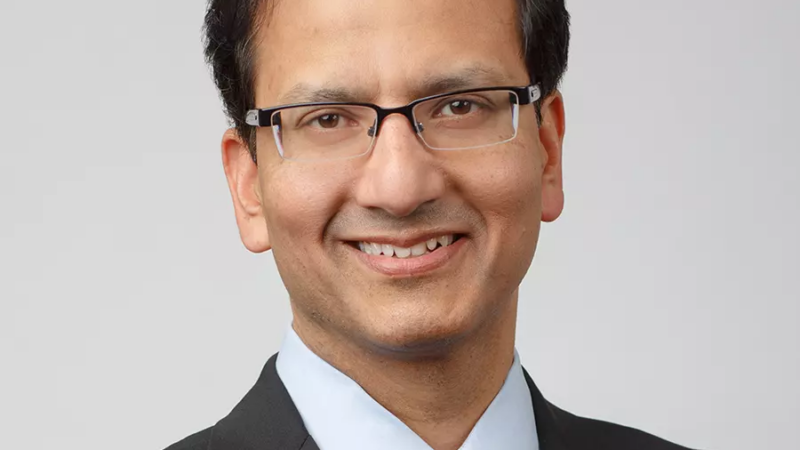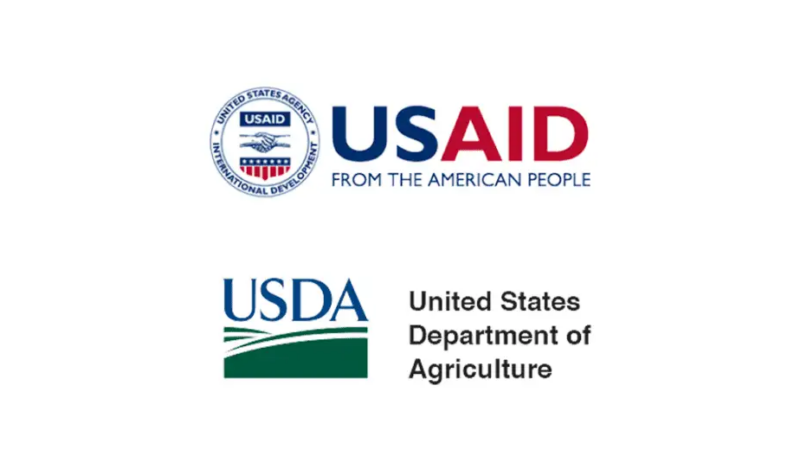
Why must Ghana’s food security be threatened by the conflict between Russia and Ukraine when the country is blessed with fertile soil for its food production?
Despite its rich soil fertility and nutrient levels, the country relies heavily on imported inorganic fertilizers for its food production.
Many experts are of the view that the over-application of inorganic fertilizer has contributed to the acidity in the soils. And that has put the nation in an awkward situation to depend largely on inorganic fertilizer in supporting its mass food production.
Sustainable cocoa production has also been severely hampered due to low soil fertility.
In an attempt to alleviate the low soil fertility to enhance sustainable cocoa production, Ghana Cocoa Board (Cocobod) has been supporting farmers with subsidised fertilizers for centuries.
To many, this move has contributed to the dying of cocoa trees in cocoa-growing communities.
As a result of these, Cocobod has embarked on a mass rehabilitation of cocoa to replant the old trees to salvage the dying cocoa trees, which some experts are attributing to the over-application of fertilizers on cocoa.
Local researchers and some cocoa farmers hold the view that cocoa pod husks are the best composts to boost the production of cocoa and other food crops.
But much attention has not been given to it by the agency responsible for the country’s cocoa production, the government and even private investors.
According to scientists, the cocoa pod husks contain 3%–4% potassium on a dry basis.
Bobbie Ansah, CEO of Farmers Hope Limited, a local organic fertilizer producer, who is using a bi-product from cocoa (cocoa pod husks) in producing local fertilizer for farmers in the country, says the country has excess raw materials from the cocoa pod husks that can supply the needs of farmers.
Despite its abundance, the Cocobod and the government have not shown any interest in its production to support the growth of cocoa cultivation in the country amid the Russia and Ukraine war.
However, the premium has been placed on imported inorganic fertiliser into the country, instead of developing locally-based produce to mitigate the global fertilizer crisis.
Each year the government of Ghana allocates about 207 million Ghana Cedis to import fertilisers, which are subsequently supposed to be sold to farmers at 50% of the original market price.
It is shocking to learn from recent disclosures by the Planting for Food and Jobs Secretariat that Ghana lost a whopping 120 million Ghana Cedis unaccounted for subsidized fertilizers, diversion of coupons and smuggling in the 2017 and 2018 planting seasons alone.
Looking at the high demand for fertilizer, it was expected the government would devise a strategy that would be anchored on building the base of local fertilizer producers to stand the test of time to produce locally for food production
But the government seems to be an ordinary man on the street, who complains about not getting fertilizer to enhance its plantation.
Not long ago, the COVID-19 pandemic came in to destabilise the world, which eventually affected everything. Covid-19 came with its ups and downs. Just while the country was weaning itself out of it, Russian-Ukraine ensued.
This development seems to have grounded the socio-economic emancipation of the world of which Ghana is no exception.
Putin’s war on Ukraine has hugely implicated the mass production of inorganic fertilizer for world supply.
It is against this backdrop that the President of Ghana, Nana Addo Dankwa Akufo-Addo called on African leaders to take a critical look at it.
Speaking at the opening ceremony of the 22nd Academy of African Business and Development Conference (AABD) at the University of Professional Studies in Accra, President Akufo-Addo said the impact of the Ukraine war on Africa should serve as a clarion call on African countries to accelerate efforts at ensuring the continent is self-sufficient in the production of key commodities and products.
“Growing concerns over fertilizer shortages in most African countries are worrying. Ghana’s maize and soy production could be affected, and our poultry industry could suffer greater shocks,” the President said.
Minister of Food and Agriculture, Dr Owusu Afriyie Akoto is also encouraging the use of organic fertilizer in Ghana, whilst the government is in the process of sourcing more.
In a similar plea, the Chief Executive officer of Ghana’s cocobod, Joseph Boahen Aidoo, has called on cocoa farmers to resort to the use of poultry manure at this trying moment
But according to local organic fertilizer producers, they don’t import anything (raw materials) from either Russia or Ukraine. They are ever ready to produce to meet the growing demand for fertiliser at a moderate amount.
One of the local recipes for organic production is cassava leaves.
As it stands, there is no direct support from the government and its agencies in the development of local organic produce for use. Yet these agencies are making things difficult for them to fully operate in Ghana.
What has been the government’s strategy for local production of Organic fertilizer locally? They quizzed.
The Russian war has put a huge burden on farmers in Ghana, as the price of the available inorganic fertilizer on the open market has quadrupled.
Subsistence, peasants and commercial farmers in the country are all competing for the same products at high prices.
Last Year, the price of fertilizer was trading between ¢120- ¢180 on the open market but the current price of inorganic fertilizer is selling at ¢350- 450.
Due to the financial difficulties among these farmers, many are of fear that the country may likely experience food shortages whilst others disagree with it.
To this end, the government is being challenged, through its various ministries, to furnish the country with its clear intention of developing the production of organic fertilizer to salvage the impact that would be on the final consumer.
To tell us her level of investment towards local production of organic fertilizers.
And lastly, to come out with a clear-cut policy direction in supporting existing local organic firms to thrive.





